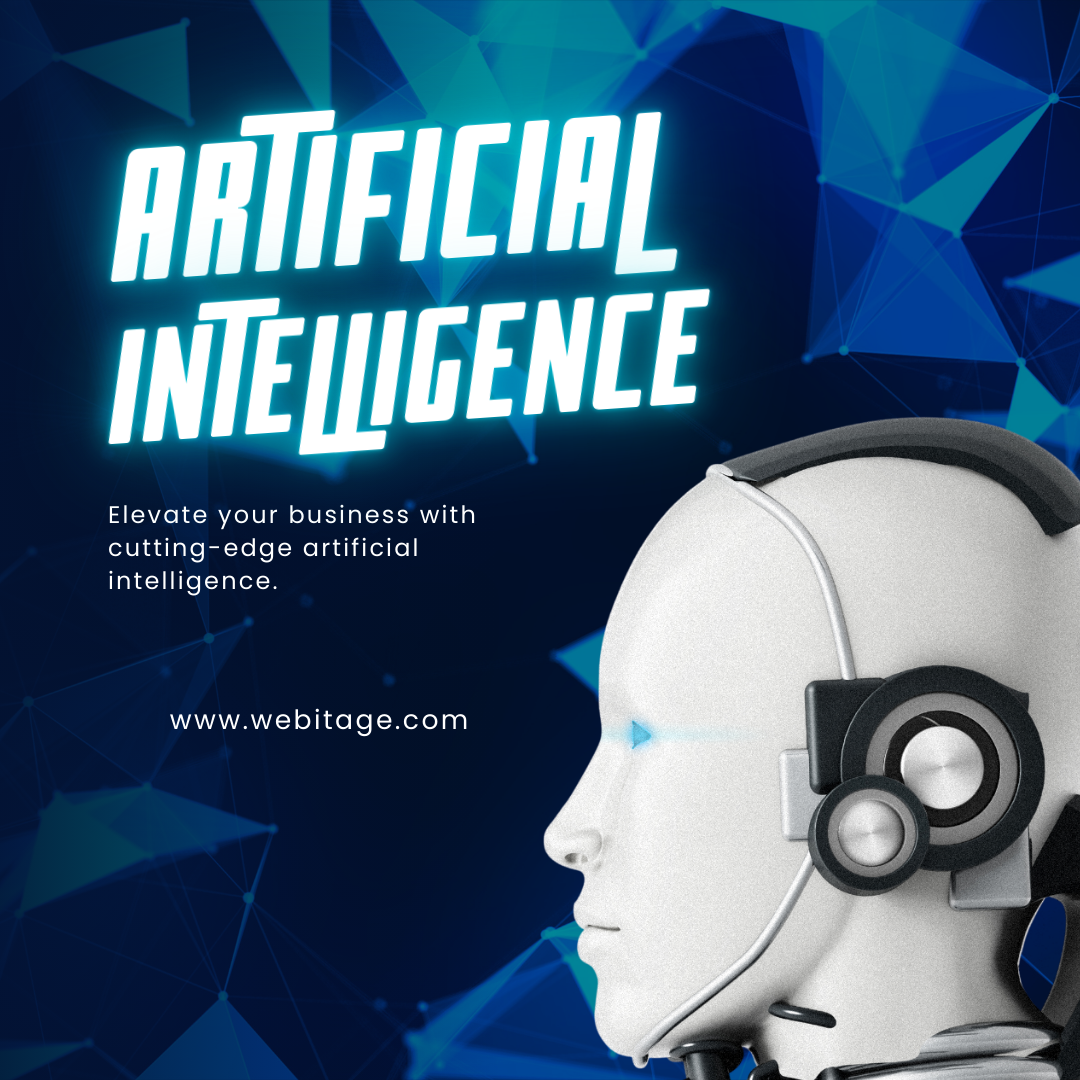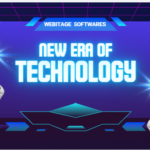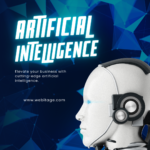The Future of AI in Software Development: How Artificial Intelligence is Transforming the Tech Landscape
Artificial Intelligence (AI) has rapidly become a game-changer across industries, but its impact on software development is particularly profound. As a software company, we are witnessing firsthand how AI is reshaping the way we build, test, and maintain software solutions. In this blog, we’ll explore how AI is influencing software development, the benefits it offers, and what the future holds for AI in the tech world.
1. AI in Software Development: Enhancing Efficiency
One of the most significant ways AI is transforming software development is by automating repetitive tasks and optimizing workflows. Traditionally, developers spend a significant amount of time on debugging, code review, and testing. AI-powered tools can now analyze code, detect bugs, and suggest fixes in a fraction of the time, allowing developers to focus on more complex and creative aspects of development.
Examples:
- Code Generation: AI-powered platforms like GitHub Copilot assist developers by suggesting code snippets or even writing entire blocks of code based on context, saving time and reducing errors.
- Automated Testing: AI-based testing tools can simulate user interactions, automatically generate test cases, and predict potential failures before they happen. This not only speeds up the development process but also improves the quality of the final product.
2. Improving Decision-Making with AI
AI-driven analytics and predictive modeling are becoming essential tools for software companies. By analyzing vast amounts of data, AI systems can make predictions about future trends, user behavior, or system performance. This helps developers make more informed decisions about which features to prioritize, what security measures to implement, and how to optimize software for better performance.
Key Areas:
- User Behavior Prediction: AI tools can analyze how users interact with software, predicting potential pain points and suggesting improvements.
- Security Enhancements: AI can detect patterns in network traffic and user behavior to identify and mitigate potential security threats before they escalate.
3. AI and Natural Language Processing (NLP)
Natural Language Processing, a subset of AI, has revolutionized the way software interacts with users. Voice assistants, chatbots, and virtual agents powered by NLP are now commonplace in many applications. For software companies, integrating NLP into products enhances user experience and opens up new possibilities for customer support and interaction.
Practical Applications:
- Chatbots for Customer Support: AI-powered chatbots provide 24/7 support, handling common inquiries and freeing up human agents for more complex issues.
- Voice-Activated Interfaces: The rise of voice search and virtual assistants like Siri or Alexa shows how software can interact more naturally with users, offering convenience and accessibility.
4. AI in Personalization and User Experience
Personalization is key to delivering software that resonates with users. AI algorithms analyze user data to customize experiences, from suggesting relevant content to adapting interfaces based on individual preferences. This has far-reaching implications for software companies aiming to provide personalized, user-centric solutions.
Benefits:
- Tailored User Interfaces: AI can dynamically adjust UI elements based on user behavior, making software more intuitive and user-friendly.
- Content Recommendations: AI-powered recommendation engines, like those used by streaming platforms and e-commerce sites, ensure users see content that matches their preferences, driving engagement and satisfaction.
5. AI and the Future of Software Development
The role of AI in software development is only going to grow. As AI systems become more sophisticated, they will likely take on more of the development process, from writing code to managing deployment. While this raises questions about job displacement, it’s more likely that AI will augment human developers, allowing them to tackle higher-level challenges while leaving routine tasks to machines.
What to Expect:
- AI-Assisted Development: As AI tools evolve, developers will increasingly collaborate with AI to co-create software, leading to faster development cycles and more innovative solutions.
- AI in Continuous Delivery: AI will play a critical role in continuous integration and continuous delivery (CI/CD), automating everything from code commits to deployment and monitoring.
Conclusion
AI is revolutionizing software development in ways that were unimaginable just a few years ago. From automating mundane tasks to enhancing user experiences and providing data-driven insights, AI is becoming a vital tool for software companies looking to stay competitive in a rapidly changing landscape. As we move forward, the integration of AI will not only accelerate the development process but also redefine the relationship between developers and technology.
At Webitage Softwares, we are committed to staying at the forefront of these advancements. By embracing AI, we aim to deliver smarter, faster, and more personalized software solutions that meet the needs of our clients in this ever-evolving digital age.





